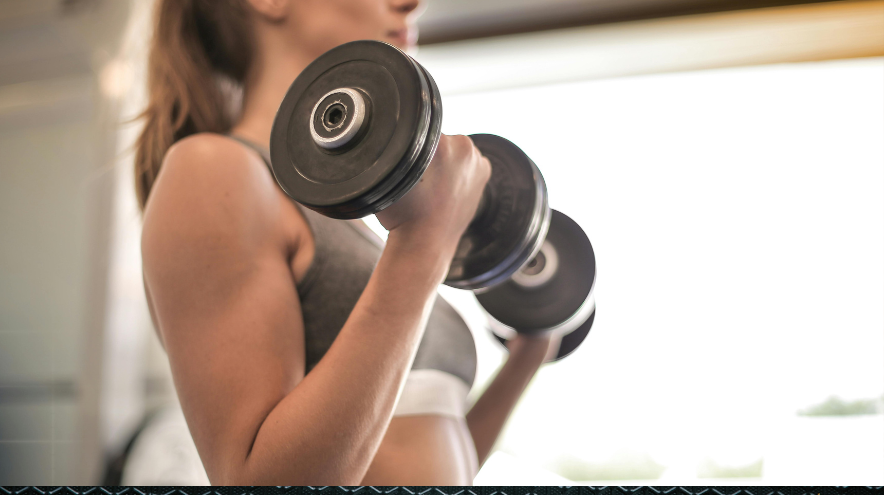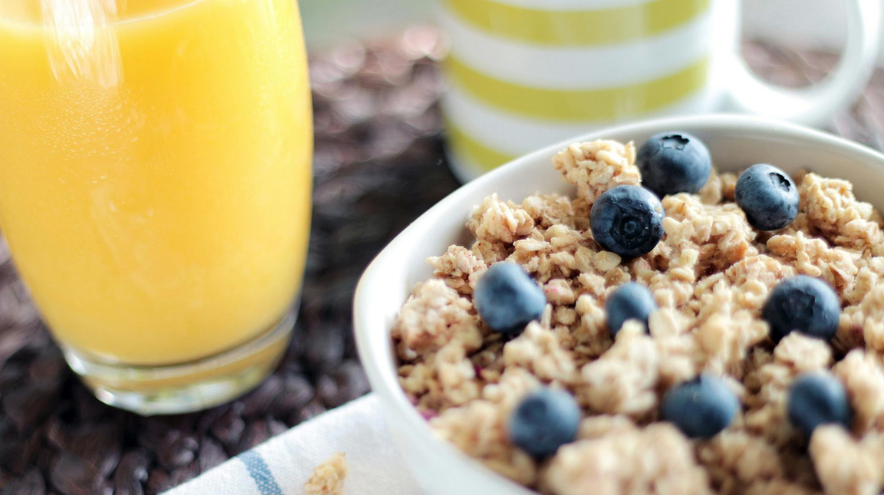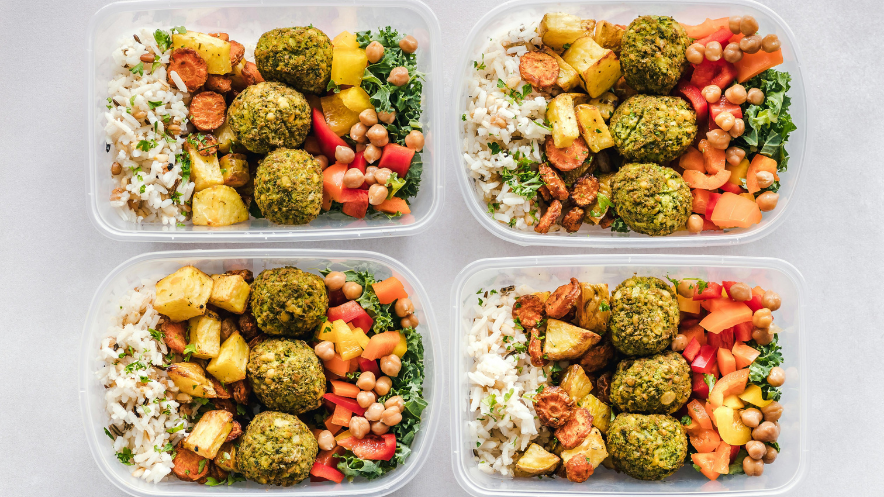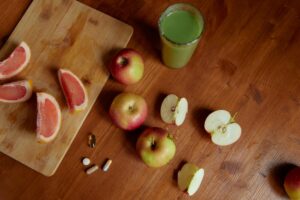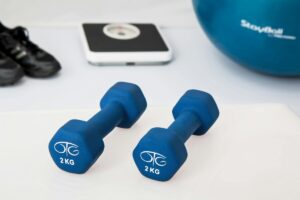How to Lower Blood Pressure Naturally
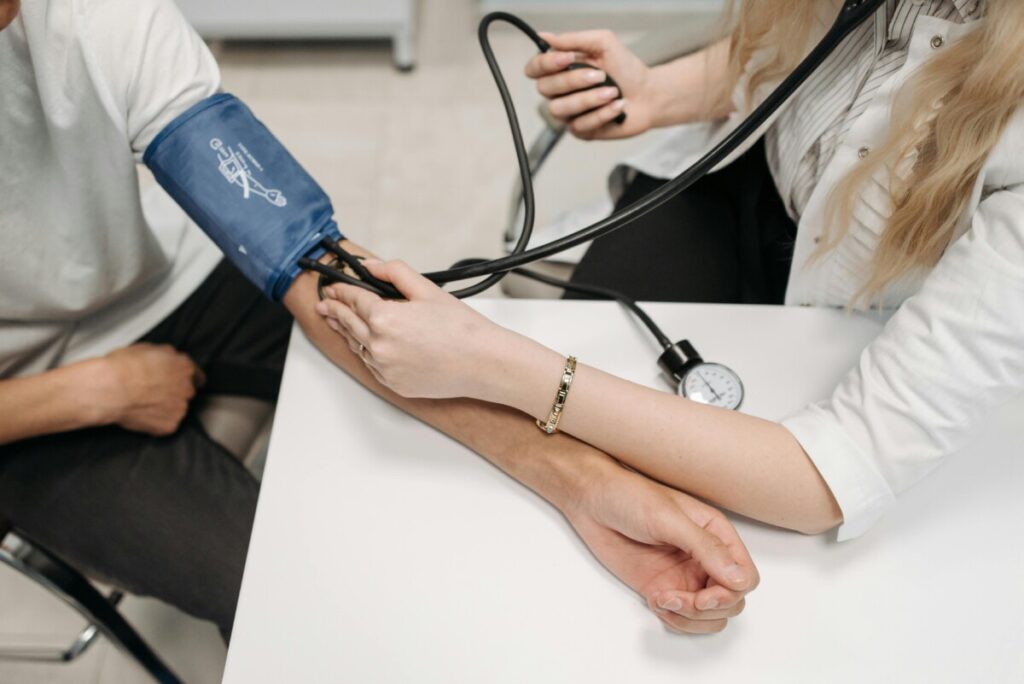
High blood pressure, also known as hypertension, is a common health concern that affects millions of people worldwide. While medication is commonly prescribed to manage high blood pressure, there are also natural ways to lower blood pressure without the use of medication. In this blog post, we will explore how to lower blood pressure levels for seniors, new recommendations for athletes, and the importance of managing blood pressure naturally. By implementing lifestyle changes, dietary approaches, stress management techniques, and regular monitoring, individuals can effectively control their blood pressure levels and improve their overall health.
Understanding Blood Pressure Levels
Target Blood Pressure Levels for Seniors:
Seniors should aim for a blood pressure reading of less than 120/80 mmHg to reduce the risk of heart disease and stroke. Older individuals need to monitor their blood pressure regularly and make necessary lifestyle changes to maintain healthy levels.
New Blood Pressure Recommendations for Athletes:
Athletes typically have lower resting blood pressure levels due to their regular physical activity. However, recent guidelines suggest that athletes should still aim for a blood pressure reading of less than 130/80 mmHg to protect their cardiovascular health. Monitoring blood pressure before and after exercise can provide valuable insights into overall cardiovascular fitness.
Importance of Managing Blood Pressure Without Medication:
While medication can be necessary for some individuals with high blood pressure, there are several natural ways to manage blood pressure effectively. Lifestyle changes such as maintaining a healthy diet, engaging in regular physical activity, and managing stress can all contribute to lower blood pressure levels without the need for medication. It is crucial to understand the importance of these lifestyle modifications in preventing cardiovascular issues and maintaining overall well-being.
Natural Ways to Manage Blood Pressure Without Medication
Dietary Approaches to Lower Blood Pressure
Lowering blood pressure naturally starts with what you eat. Focus on a diet rich in fruits, vegetables, whole grains, and lean proteins. Limit sodium, saturated fats, and added sugars to help maintain healthy blood pressure levels. Incorporate foods high in potassium, magnesium, and calcium, such as bananas, leafy greens, and low-fat dairy products, which have been shown to have a positive impact on blood pressure.
Stress Management Techniques for Maintaining Healthy Blood Pressure
Chronic stress can contribute to high blood pressure. Practice stress-reducing activities like deep breathing, meditation, yoga, or spending time in nature. Prioritizing relaxation and self-care can help lower stress levels and support healthy blood pressure.
Monitoring Blood Pressure at Home: Best Practices
Regularly monitoring your blood pressure at home can provide valuable insights into your overall health. Invest in a quality home blood pressure monitor and follow the instructions for accurate readings. Keep a log of your measurements and share them with your healthcare provider to track your progress and make necessary adjustments to your lifestyle.
Implementing Lifestyle Changes for Healthy Blood Pressure
When it comes to managing blood pressure, lifestyle changes play a crucial role in maintaining optimal levels without the need for medication. By implementing the following strategies, individuals can effectively control their blood pressure and promote overall cardiovascular health:
Explore Dietary Approaches: Adopting a heart-healthy diet rich in fruits, vegetables, whole grains, and lean proteins can help lower blood pressure. Limiting sodium, processed foods, and sugary beverages is also essential for optimal blood pressure control.
Incorporate Physical Activity: Regular exercise is key to maintaining healthy blood pressure levels. Aim for at least 150 minutes of moderate-intensity exercise per week, including activities like walking, swimming, or cycling.
Seek Professional Guidance: Consult with healthcare providers, such as a primary care physician or a registered dietitian, for personalized advice on managing blood pressure. They can provide tailored recommendations based on individual health needs.
By making these lifestyle changes a priority, individuals can take control of their blood pressure naturally and reduce the risk of cardiovascular complications in the long run.
Dietary Approaches to Lower Blood Pressure
When it comes to managing blood pressure naturally, incorporating dietary changes can be highly effective. Here are some key strategies to help lower blood pressure through your food choices:
Specific Foods for Decreasing Blood Pressure Levels
Leafy greens such as spinach, kale, and Swiss chard are rich in potassium, which can help regulate blood pressure.
Whole grains like oatmeal, brown rice, and quinoa provide fiber and nutrients that support heart health.
Fatty fish like salmon, mackerel, and sardines are high in omega-3 fatty acids, which have been linked to lower blood pressure.
Berries such as blueberries, strawberries, and raspberries are packed with antioxidants that may help reduce blood pressure.
Importance of a Balanced Diet for Blood Pressure Management
Choosing a well-rounded diet that includes a variety of fruits, vegetables, whole grains, lean proteins, and healthy fats is essential for maintaining healthy blood pressure levels. Avoiding excessive salt, saturated fats, and processed foods can also support optimal blood pressure control.
Implementing Dietary Changes for Healthy Blood Pressure Levels
Gradually incorporating these foods into your meals and snacks can have a positive impact on your blood pressure over time. Be mindful of portion sizes and aim for a diverse and colorful plate to ensure you’re getting a range of nutrients that support cardiovascular health.
The Role of Physical Activity in Blood Pressure Management
Regular exercise plays a crucial role in maintaining healthy blood pressure levels. Physical activity helps to improve blood circulation, strengthen the heart, and lower overall stress levels on the body. By incorporating different types of exercises into your routine, you can effectively manage your blood pressure and reduce the risk of cardiovascular issues.
Cardiovascular exercises, such as walking, running, or swimming, can help to lower blood pressure and improve heart health.
Strength training exercises, like weightlifting or resistance training, can also have a positive impact on blood pressure by boosting metabolism and promoting overall health.
It is essential to aim for at least 150 minutes of moderate-intensity exercise per week to maintain healthy blood pressure levels. Speak with a healthcare provider or a fitness professional to develop a customized exercise plan that suits your needs and goals.
Conclusion
Managing blood pressure is essential for overall health and well-being, especially as we age or engage in intense physical activities. By understanding target blood pressure levels for seniors and athletes, implementing natural ways to lower blood pressure without medication, and making lifestyle changes such as improving diet, incorporating physical activity, and managing stress, individuals can effectively control their blood pressure levels. Monitoring blood pressure at home and seeking professional guidance when needed are important steps in maintaining healthy blood pressure. Remember, a proactive approach to blood pressure management can lead to a healthier and happier life.
https://holisticwellnesswave.com/index.php/2023/11/29/discovering-the-amazing-health-benefits-of-peanuts/
https://www.ama-assn.org/
https://www.nhlbi.nih.gov/
FAQs
Q: What is high blood pressure?
A: High blood pressure, also known as hypertension, occurs when the force of blood against your artery walls is consistently too high.
Q: How can I lower my blood pressure naturally?
A: You can lower your blood pressure naturally by adopting a healthy lifestyle, including a balanced diet, regular exercise, managing stress, and avoiding tobacco and excessive alcohol consumption.
Q: Are there specific foods that can help lower blood pressure?
A: Yes, foods rich in potassium, such as bananas, sweet potatoes, and leafy greens, as well as those high in magnesium, like nuts and seeds, can help lower blood pressure naturally.
Q: Can garlic help lower blood pressure?
A: Garlic has been shown to lower blood pressure in hypertensive individuals due to its ability to relax blood vessels and improve blood flow.
Q: How quickly can I expect to see results in lowering my blood pressure naturally?
A: Results may vary, but making positive lifestyle changes can lead to lower blood pressure within a few weeks to a few months, depending on the individual.
